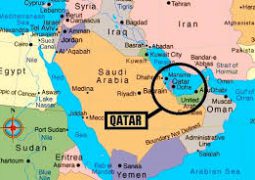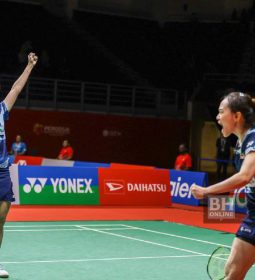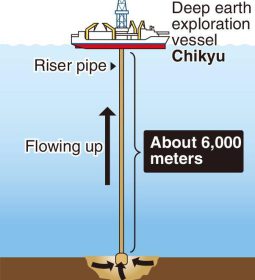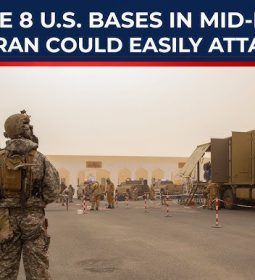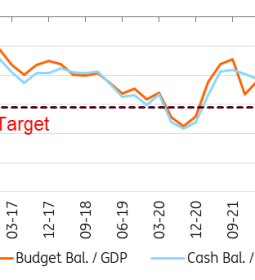Malaysia should set vision for Asean to boost competitiveness

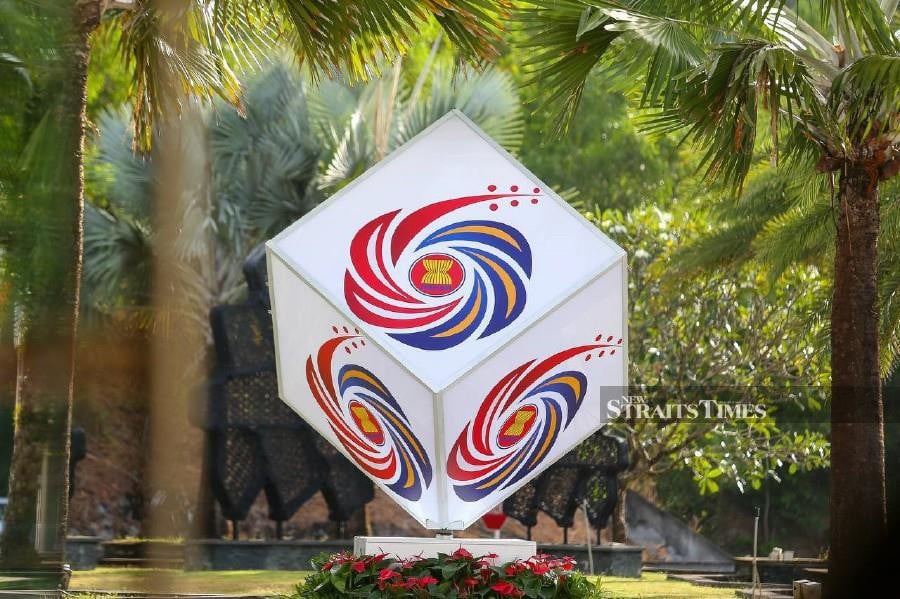
Much has changed since Malaysia was last Asean chairman 10 years ago, especially competitiveness.
Aided by the 2015 launch of the 2025 Asean Economic Community (AEC) blueprint, Asean exports more and attracts more foreign investments, technology, and talent than before.
Under the AEC umbrella, Asean has advanced the free flow of goods and services, and economic growth within the region.
It has harmonised trade regulations. Its free-trade area and agreement on free trade have eliminated most barriers to intra-regional trade. Ninety-nine per cent of its tariffs are zero-rated.
Typifying the enhanced economic collaboration in Asean, the Johor-Singapore Special Economic Zone will further advance Asean’s competitiveness.
To enhance its competitiveness, Asean has garnered geopolitical influence. For example, Asean engages China on a code of conduct in the South China Sea and it is helping Myanmar end its internal strife.
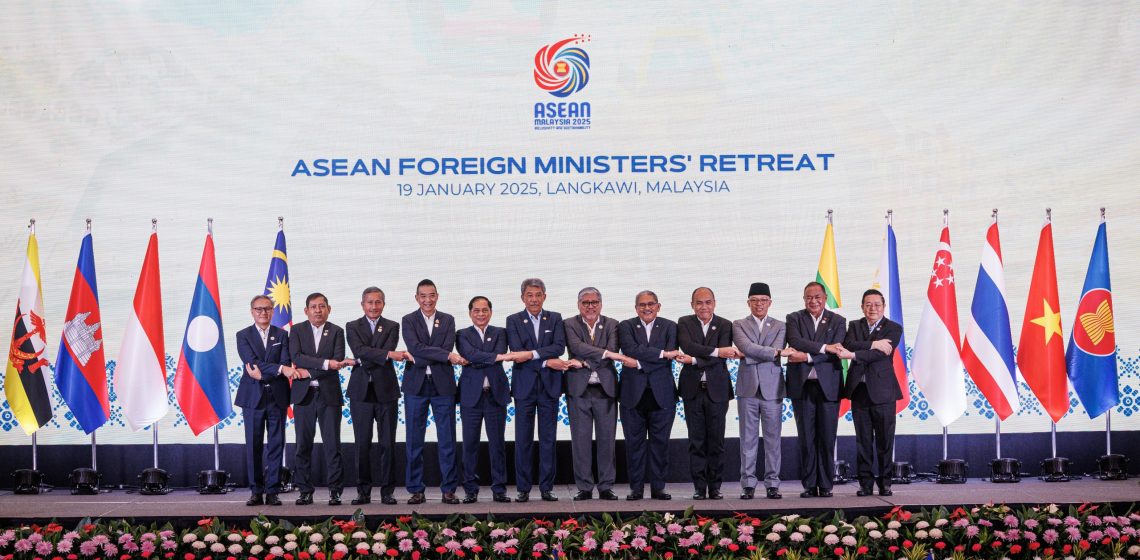
However, Malaysia’s commitment to fostering shared prosperity faces economic and geopolitical headwinds in an increasingly polarised world scarred by retaliatory tariffs.
Except for pockets of ruddy health — the US and India for example — the world economy will only grow at the same 2.7 per cent as it did in 2024.
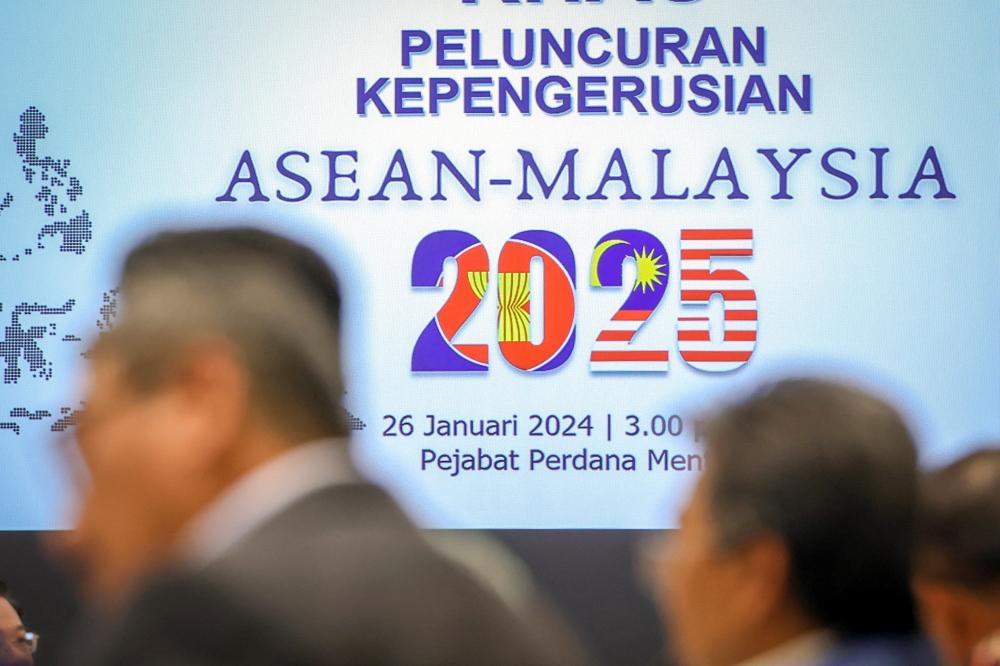
Largely because of concerns about global trade and the United States Federal Reserve’s hawkishness, Asean currencies have either remained stagnant or have declined by up to 2.6 per cent against the US dollar.
Although these declines augur well for cheaper exports, that competitive edge will be blunted as imported inflation kicks in to spike production costs.
The grand goal of the AEC to turn Asean into a “single market and a single production base” remains elusive. The differing pace of growth and labour immobility pose an enormous challenge for regional integration.
It is in this scenario that Malaysia will confer with other Asean leaders on how to accelerate the block’s competitiveness. Malaysia can carve out a legacy if it can focus on the following three key areas.
First, akin to an incoming chief executive officer of an organisation, Malaysia, in consultation with other member states, should set the vision for Asean, say, for the next 10, 20 or 30 years.

Additionally, it should get Asean to rededicate to its mission or purpose of existence. These two statements will give the bloc meaning and strategic direction.
Second, Malaysia should entrench the AEC 2025 agenda as it was launched under the country’s watch in 2015.
As the chair again, it is proper that the blueprint be evaluated for gaps in implementation and An action plan should be drafted to plug there deficits.
Enhancing competitiveness will also require Asean to continue to digitise its economy and expand artificial intelligence-ready data centres, 5G networks and cross-border e-commerce platforms.
Third, Malaysia must put regional unity, stability and security high on the agenda. This is urgent given China’s claim of sovereignty over the bulk of the South China Sea.
While China prefers bilateral negotiations to resolve territorial disputes, Asean has greater negotiating muscle if it negotiates collectively. Eventually, Asean will have to curtail China’s construction spree of artificial islands in the South China Sea.
As chair, Malaysia has committed to softening the polarising positions and to finding a region-wide solution. It will be a singular achievement if Malaysia can hammer out a code of conduct for the South China Sea. The ensuing regional stability would fortify the region’s competitiveness.
Malaysia’s chairmanship is akin to walking a tightrope. It must balance the interests of the big powers while making Asean members amenable to those interests. All this must be ventured with a clear assessment of the limits of its leadership.
* De. John Antony Xavoer – is an adjunct professor at Perdana University and an associate fellow of UKM think tank Minda
- Previous US gets more nervious: China gets more secret on its military development
- Next Macron keep taught hugging habbit: This time PM Modi on his visit to France










